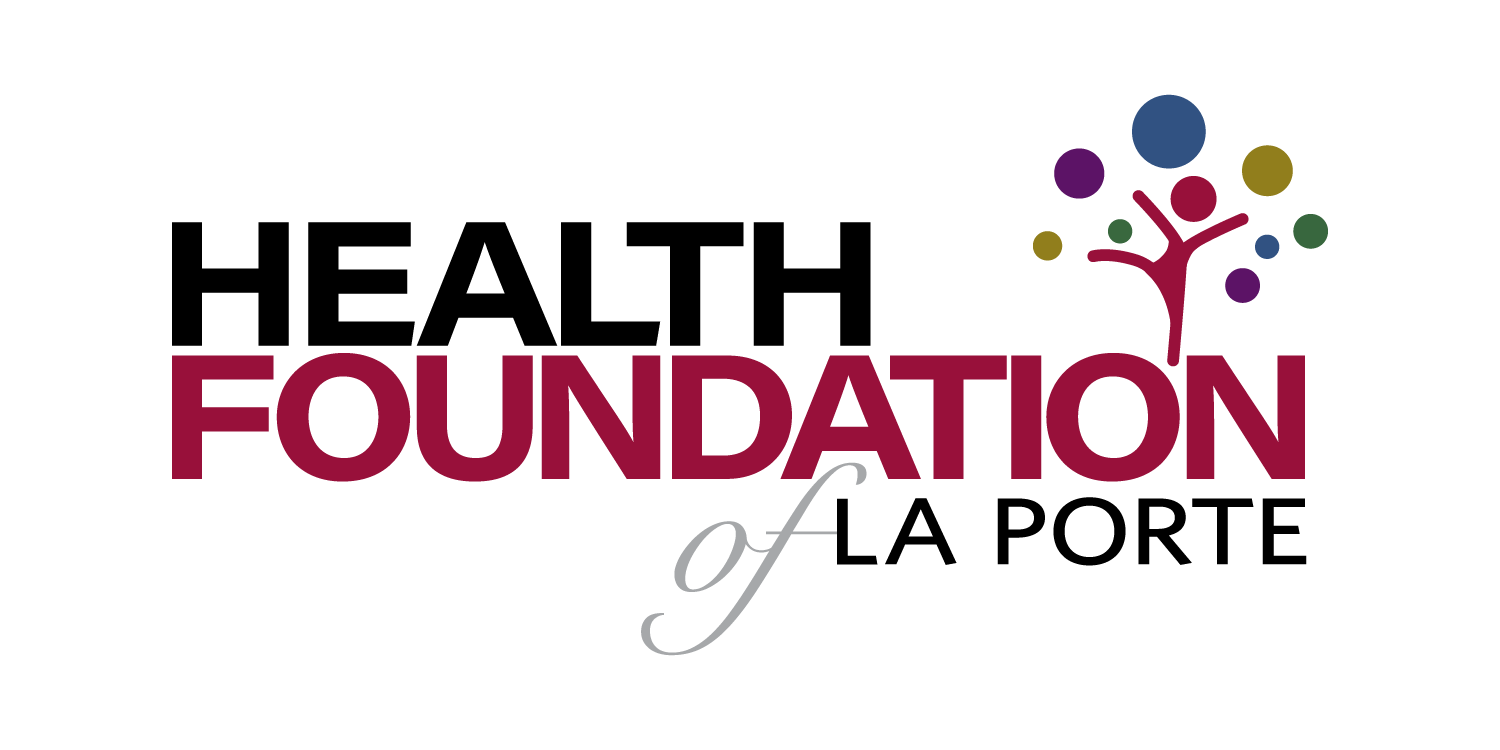Promising Practices
The Promising Practices database informs professionals and community members about documented approaches to improving community health and quality of life.
The ultimate goal is to support the systematic adoption, implementation, and evaluation of successful programs, practices, and policy changes. The database provides carefully reviewed, documented, and ranked practices that range from good ideas to evidence-based practices.
Learn more about the ranking methodology.
Filed under Evidence-Based Practice, Health / Physical Activity, Racial/Ethnic Minorities
Goal: Pasos Adelante is a lifestyle intervention that aims to prevent and control chronic disease such as heart disease and diabetes in Mexican Americans by providing a supporting environment for improving nutrition and increasing walking activity in U.S.-Mexico border communities.
Filed under Evidence-Based Practice, Economy / Housing & Homes, Adults, Urban
Goal: The goal of Pathways to Housing, Inc. is to provide independent housing, treatment services for physical and mental health, and employment to mentally ill individuals who are chronically homeless.
Impact: Pathways to Housing has received numerous awards for its projects in New York City, Philadelphia, and D.C. In addition to achieving large effects in terms of housing outcomes, compared with standard care in the community, Housing First also improves community functioning and quality of life.
Filed under Evidence-Based Practice, Health / Cancer, Adults, Older Adults
Goal: The goal of this program is to increase colorectal cancer screening rates among older primary care patients.
Filed under Effective Practice, Education / Childcare & Early Childhood Education, Children, Teens, Adults, Women, Men, Older Adults, Families, Racial/Ethnic Minorities
Goal: PAXIS Institute develops, implements, and supports tested and proven solution-focused strategies with real-world outcomes for children and the adults who care for them in partnership with communities to reduce historical disparities and improve lifetime outcomes to create population-level peace, productivity, health, and happiness.
The mission of the PAX Tools for Human Services program is to empower individuals and communities to create a more nurturing environment with universal access to research-based prevention science in order to improve the well-being and lifetime outcomes of people from all walks of life around the world.
Filed under Evidence-Based Practice, Education / School Environment, Children
Goal: The goal of this program is to reduce youth violence and aggressive behavior by initiating prevention early in childhood, increasing children's resilience, and reinforcing positive behaviors.
Impact: One evaluation found that there was an 89% decrease in physical aggression and an 82% decrease in verbal aggression for participating students.
Filed under Evidence-Based Practice, Health / Mental Health & Mental Disorders, Children, Teens
Goal: The Penn Resiliency Program is a depression prevention program that seeks to reduce the longevity of symptoms exhibited and the severity of symptoms at onset of depression, through cognitive-behavioral therapy and problem-solving techniques.
Impact: The Penn Resiliency program shows that a group-based program seeking to prevent the initial onset of and decrease the exacerbation of depression children and teens by incorporating specific coping and problem-solving skills can reduce depressive symptoms over time.
Filed under Evidence-Based Practice, Health / Respiratory Diseases, Children, Teens, Families, Urban
Goal: The goal of the Phoenix Healthy Homes project was to use a multi-factorial approach to reduce hazard prevalence and improve self-reports of home safety and respiratory health.
Impact: The Phoenix Healthy Homes project showed that a tailored healthy homes improvement package significantly improves self-reported respiratory health and safety, reduces respiratory health and injury hazards, and can be implemented in concert with a mobile clinical setting.
Filed under Effective Practice, Economy / Employment
Goal: Pioneer's mission is to improve the lives of people on the margins of society through and integrated array of services including housing, employment/training, treatment, counseling, and corrections.
Filed under Good Idea, Environmental Health / Toxins & Contaminants
Goal: The goals and benefits of piltess drilling include:
-elimination of unsightly and hazardous pits
-a decrease in the need for cuts in sensitive and hilly areas
-a reduction in total surface disturbance associated with a well pad
-elimination of the risk of waterfowl and wildlife mortality related to pits
-elimination of the risk of damaging underground pipelines and utilities
-virtual elimination of drilling waste
-reduction of water consumption by as much as 80%
-elimination of soil segregation, which reduces wind erosion problems
-reduction of truck traffic associated with transporting drilling wastes by as much as 75%
Filed under Evidence-Based Practice, Health / Physical Activity, Children, Teens, Urban
Goal: The goal of Planet Health is to reduce childhood obesity among middle school students using a school-based interdisciplinary intervention focused on decreasing television viewing and consumption of high-fat foods, and increasing fruit and vegetable intake and moderate and vigorous physical activity.
Impact: These results cumulatively show that Planet Health and similar programs can reduce obesity and increase healthy food consumption in girls. They also show that a finding of a reduction in number of hours watching TV for girls can also predict reduction in obesity.

